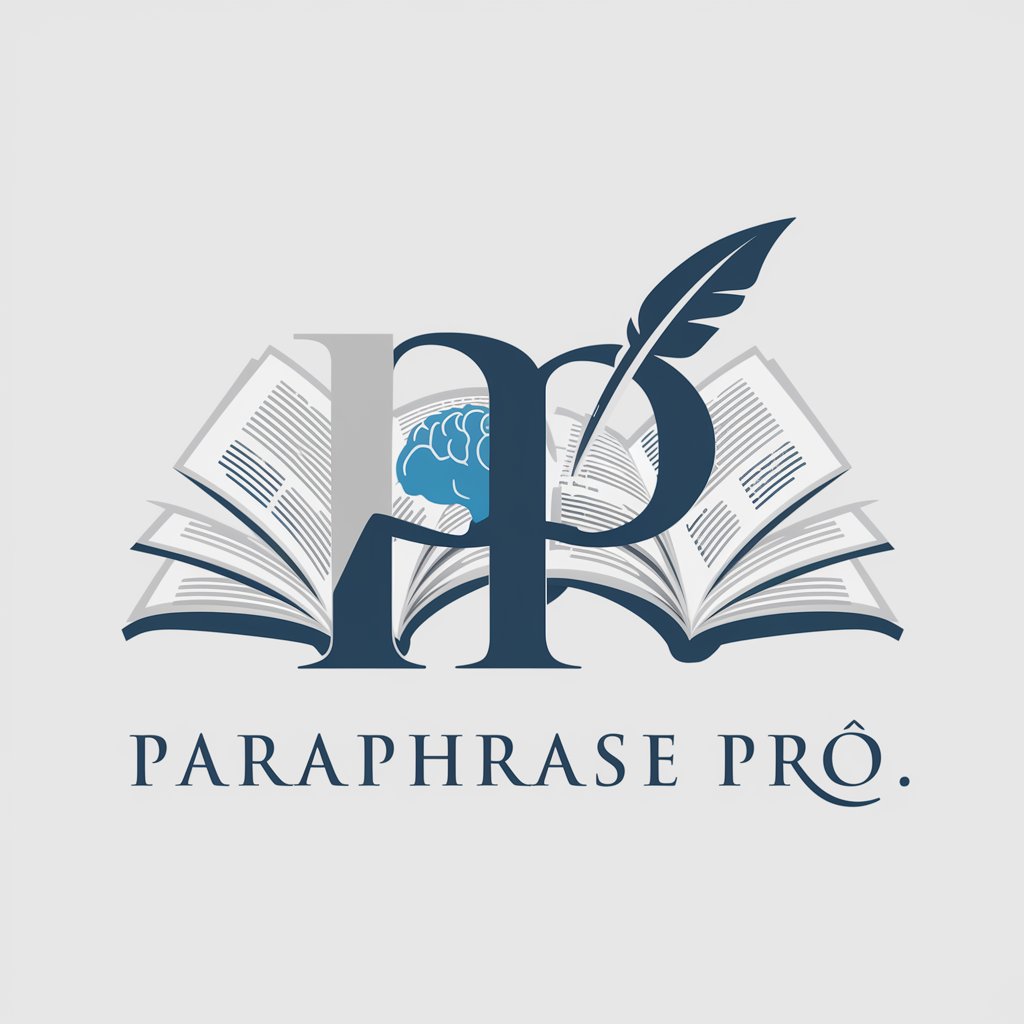Music21 Composer - Music Composition and Analysis

Welcome to Music21 Composer, your guide to mastering music21!
Compose and analyze music with AI.
Guide me in creating a melody using music21.
How can I analyze a piece of music with music21?
Show me how to export a music score to a MIDI file using music21.
What are some advanced features of music21 for composition?
Get Embed Code
Introduction to Music21 Composer
Music21 Composer is a specialized tool designed for composing and analyzing music using the Python library music21. It serves as a bridge between the technical world of programming and the artistic domain of music composition. Its primary purpose is to facilitate the creation, manipulation, and study of musical scores through a coding interface. For example, users can programmatically generate musical notes, chords, and rhythms, and then organize these elements into scores. Additionally, Music21 Composer allows for the analysis of existing music, enabling users to study patterns, structures, and styles within music pieces. This is exemplified by scenarios where a user might analyze the harmonic progressions of a Beethoven symphony or generate a new composition inspired by the counterpoint techniques of Bach. Powered by ChatGPT-4o。

Main Functions of Music21 Composer
Score Creation and Manipulation
Example
Creating a simple melody or a complex orchestral score programmatically.
Scenario
A music educator uses Music21 Composer to generate exercises for students, focusing on specific intervals or rhythmic patterns.
Music Analysis
Example
Analyzing the harmonic structure of a piece, extracting themes, or identifying motifs.
Scenario
A musicologist employs Music21 Composer to study the use of motifs in Mozart's operas, facilitating their research on thematic development across his works.
Algorithmic Composition
Example
Using algorithms to generate music based on predefined rules or stochastic processes.
Scenario
An experimental composer uses Music21 Composer to create a piece where the pitch and rhythm of each note are determined by random number generation, exploring the boundaries of aleatoric music.
Integration with Other Tools
Example
Exporting compositions to MIDI or MusicXML formats for playback or further editing in software like MuseScore.
Scenario
A composer sketches out a new piece in Music21 Composer and exports it to a notation software for fine-tuning and sharing with performers.
Ideal Users of Music21 Composer
Music Educators
Educators can leverage Music21 Composer to create engaging teaching materials and exercises tailored to their students' needs, enhancing lessons on theory, composition, and music analysis.
Musicologists and Researchers
Researchers analyzing music from various periods can use Music21 Composer's analytical tools to uncover patterns, study compositional techniques, and contribute new insights to the field of musicology.
Composers and Arrangers
Composers and arrangers find value in Music21 Composer for sketching ideas, experimenting with new compositional techniques, and preparing scores, benefiting from the ability to quickly manipulate musical elements.
Music Technology Enthusiasts
Individuals interested in the intersection of music and technology can explore algorithmic composition, software integration, and the automation of musical analysis, expanding their creative and technical skills.

How to Use Music21 Composer
Start your journey
Begin by exploring music21's capabilities without the need for a subscription or login, offering an accessible entry point for all users.
Install music21
Ensure Python is installed on your system, then use pip to install the music21 library with 'pip install music21'. This is essential for running music21-based scripts and applications.
Explore documentation
Familiarize yourself with the music21 documentation to understand its functionalities, objects, and modules. This foundational knowledge will help in effectively utilizing the library for music analysis and composition.
Experiment with code
Start experimenting by writing simple scripts to create or analyze music. Use music21 to parse music files, manipulate musical structures, or even generate new compositions from scratch.
Join the community
Engage with the music21 community via forums or social media to share insights, ask questions, and learn from others' experiences. This interaction can provide valuable tips and inspiration.
Try other advanced and practical GPTs
Dear Genghis
Commanding counsel, historical wisdom.

歯科イラストメーカー
AI-powered Dental Visuals Made Simple

Paraphrase Pro
Elevate Your Writing with AI-Powered Paraphrasing

Pawsome Visuals
Unleash creativity with AI-powered dog visuals.

艺术作品思路梳理
Empowering Your Artistic Journey with AI

ADA Max Price Analyzer
Deciphering Cardano's Future with AI

Dryer
Expert Advice on Dryer Efficiency and Care

Carrossel
Empowering creativity with AI

Environmental Science
Empowering eco-conscious decisions with AI

Artikel fürs Magazin
Craft Your CBD Lifestyle Blog with AI

CX Sales Bot
Empowering Sales with AI

NEUTRINOGOLD Economic Calendar Analyst
AI-Powered Economic Insight at Your Fingertips

Frequently Asked Questions About Music21 Composer
What is Music21 Composer?
Music21 Composer is a specialized use of the music21 library, focusing on composing and analyzing music through programming. It allows users to create, examine, and manipulate musical scores programmatically.
Can Music21 analyze existing music pieces?
Yes, music21 can analyze existing music pieces. It can parse files in various formats (MIDI, MusicXML, etc.), allowing for the analysis of melodies, harmonies, rhythms, and more within these compositions.
How can I create music with Music21?
Creating music involves using music21's objects like Note, Chord, and Stream to construct musical structures. Users can programmatically define these elements and arrange them into scores, which can then be exported to standard music notation software.
Is Music21 suitable for beginners?
Music21 is accessible to beginners with a basic understanding of Python programming and music theory. Its comprehensive documentation and supportive community make it an excellent tool for learners.
What makes Music21 Composer unique?
Music21 Composer stands out for its ability to bridge music theory, analysis, and composition with the power of programming. This opens up new possibilities for automated analysis, algorithmic composition, and in-depth musicological research.
